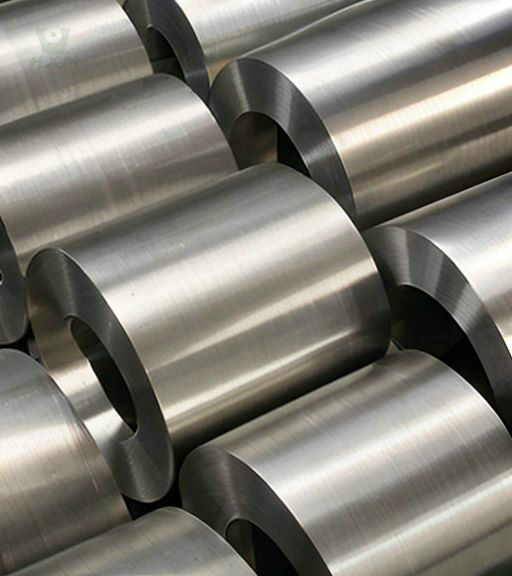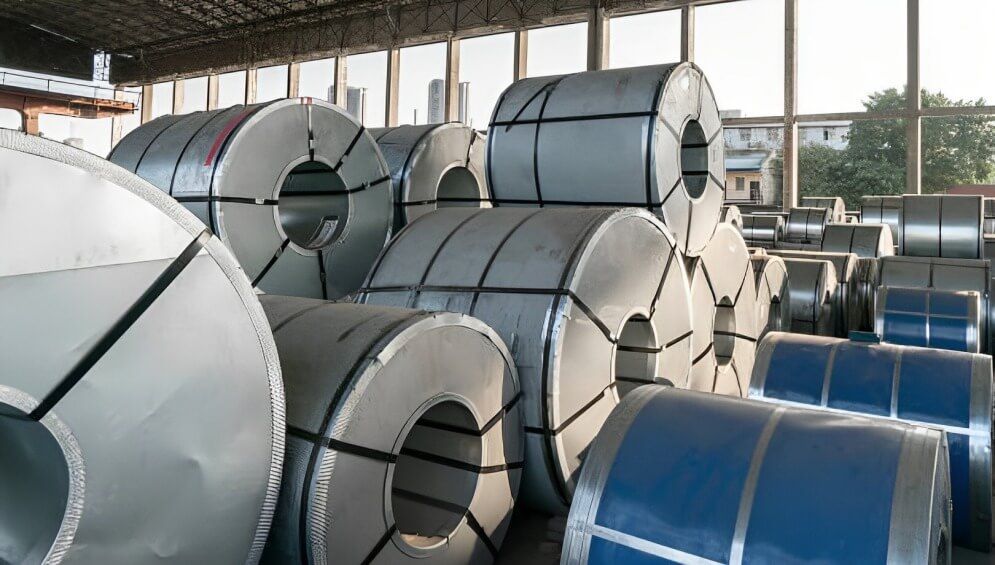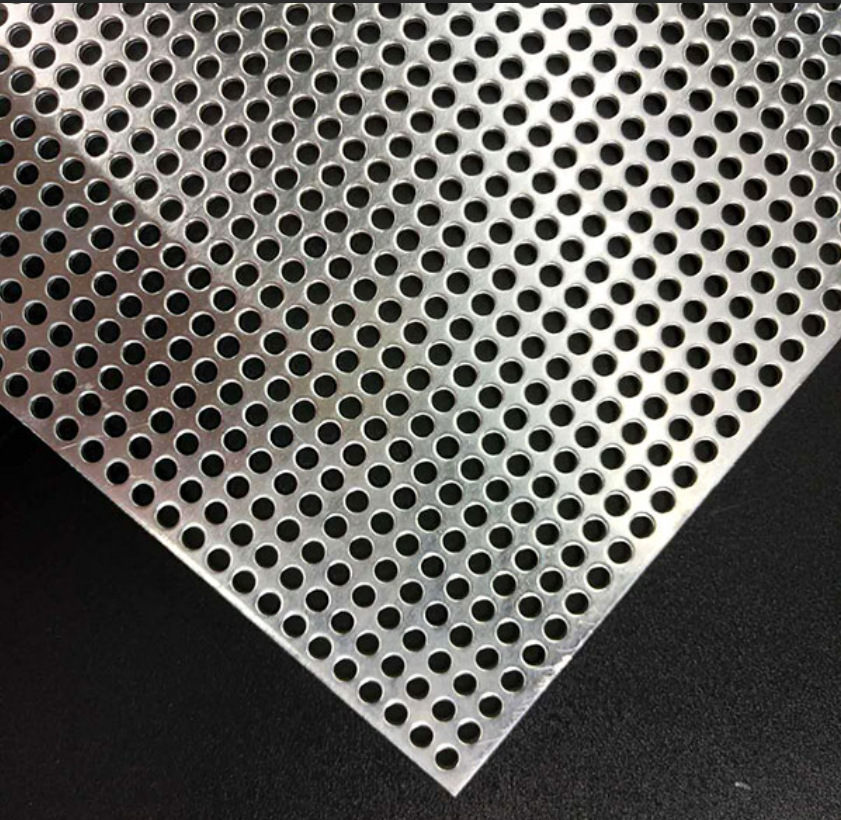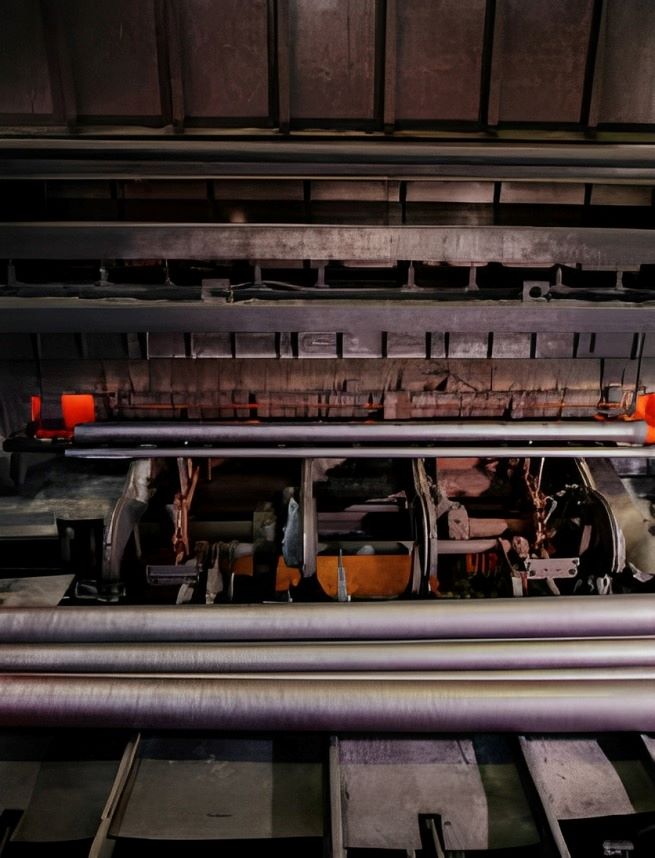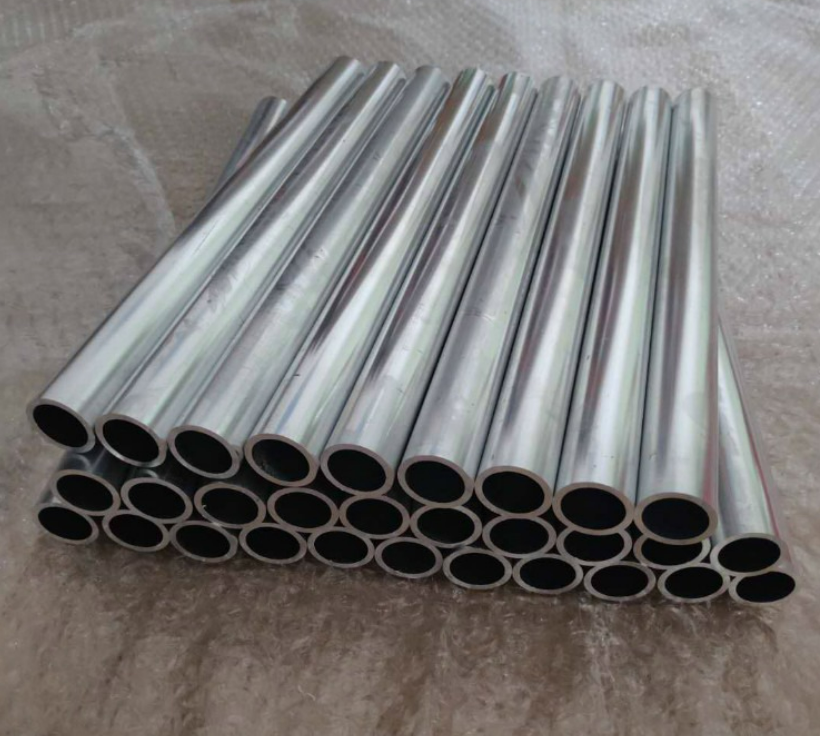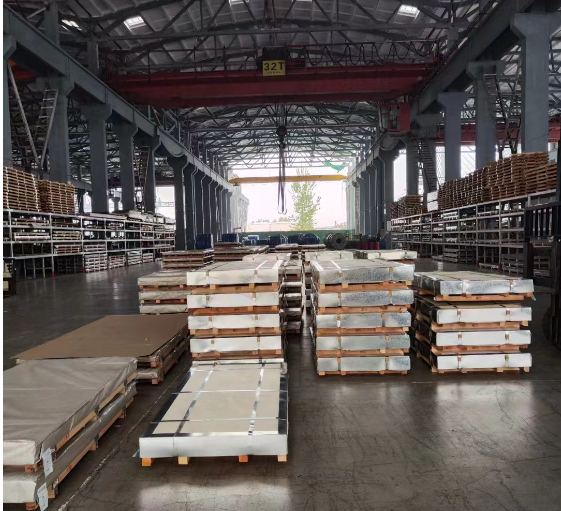is stainless steel non reactive?

When we think about food safety, healthcare and various applications, one of the benefits of stainless steel that people often hear about is its “non-reactivity”, which means that it does not react chemically when it comes into contact with other substances. However, does this mean that stainless steel is completely non-reactive? Let’s take a closer look at the truth and meaning behind this property of stainless steel.
what is non reactive?
Non-reactivity is the property of a substance that does not react chemically with other substances under specific environments or conditions. In the field of chemistry, non-reactive materials are usually considered stable and not prone to chemical reactions with other substances. In the biomedical field, non-reactive usually refers to materials implanted in the human body that do not react with human tissues or body fluids in a harmful chemical manner, and are able to maintain their original properties and structure without chemical degradation or deterioration. Non-reactive materials can be considered “neutral” and do not have a negative impact on the human body. However, just because a material is non-reactive does not mean that it is biocompatible or biologically friendly.
Non reactive vs. Biologically Inert
When we delve into the intersection between materials science and biology, we often encounter two terms: non-reactive and biologically inert. While these two terms may overlap in some contexts, they describe a material’s specific response to its biological environment. Let’s break down these two concepts in detail and explore their similarities and differences from a scientific perspective.
Non reactive
In chemistry and materials science, non-reactive refers to the property of a material that does not react chemically with other substances under certain environments or conditions. When such a material is exposed to certain chemicals, gases or radiation, it does not show significant chemical activity. This means that non-reactive materials are generally able to maintain their original properties and structure without chemical degradation or deterioration.
For biomedical applications, non-reactive usually means that the material implanted in the human body does not react chemically in a harmful way with body tissues or fluids. Such materials can be considered “neutral” and do not have a negative impact on the human body. However, just because a material is non-reactive does not mean that it is biocompatible or biologically friendly.
Biologically Inert
Biologically inert describes a material that interacts with biological systems in such a way that it does not cause a significant immune or inflammatory response in the body. When a material is considered biologically inert, it means that it has minimal interaction with surrounding tissues and does not cause unwanted physiological reactions.
A key characteristic of a biologically inert material is its surface properties, as surfaces interact most directly with cells and biomolecules. The ideal biologically inert material will not only cause no adverse reactions after implantation but will also form a good biological interface with human tissues and thus remain stable in long-term implantation applications.
Differences and similarities
- Non-reactivity focuses more on the chemical stability of the material under specific conditions, whereas bioinertness places more emphasis on the overall interaction of the material with the biological system.
- Non-reactivity does not necessarily require that the material is friendly to biological systems or does not trigger an immune response; whereas bioinertness explicitly requires that adverse reactions with biological systems are minimised.
- A key feature of bioinertness is the relationship between surface properties and the biological interface, which may not be explicitly stated in the definition of non-reactivity.
- Both relate to the property of a material to remain stable without significant change in a given environment or condition, but focus on different biological and chemical aspects.
What's the Difference Between Reactive and Non reactive Stainless Steel?
Reactive Stainless Steel
- Reactive metals are those that react with certain foods or chemicals, especially acidic or alkaline substances. This reaction can change the flavor, color, or texture of the food or leave residues on the metal surface.
- Example of Reactive Metals: Copper, aluminum, and some forms of stainless steel with lower chromium content can be reactive.
- In stainless steel, the lower grades with reduced chromium or the presence of impurities might be considered slightly reactive.
- Impact on Food: When cooking acidic foods like tomatoes or citrus, these reactive metals may cause the food to take on a metallic taste or discolor.
Non-Reactive Stainless Steel
- Non-reactive metals are those that do not chemically react with foods or other substances.
- Most high-quality stainless steels, such as 304 and 316 grades, are considered non-reactive because of their high chromium content (and sometimes nickel), which forms a passive layer that prevents reactions with food.
- Impact on Food: Non-reactive stainless steel does not affect the taste, color, or texture of the food, making it ideal for cooking and food storage.
Why Stainless Steel is Typically Non-Reactive
Stainless steel is often referred to as non-reactive because of the chromium oxide layer that forms on the surface. This protective layer prevents the steel from corroding or reacting with most chemicals or foods. The presence of nickel in some stainless steel grades, like 304 and 316, also enhances its non-reactive properties, especially when used for cooking.
Non reactive stainless steel
The non-reactive nature of stainless steel is mainly reflected in its corrosion resistance and chemical stability. The chromium, nickel and other alloying elements in stainless steel make it stable in many acid, alkali and salt environments and not susceptible to chemical reactions with other substances. This non-reactivity makes stainless steel an ideal material for the manufacture of equipment and containers that need to be corrosion resistant and non-toxic in a variety of chemical and biomedical applications.
For example, in the food industry, stainless steel is widely used as cooking utensils and storage containers because of its ability to resist the effects of acids and salts in food without releasing harmful substances or altering the flavour and quality of the food. Similarly, in the medical field, stainless steel is used in the manufacture of medical devices and implants because it does not react with living organisms in a harmful way and has good biocompatibility.
Despite its non-reactive nature, stainless steel may also undergo oxidative reactions in certain highly oxidising environments, such as high temperatures and high humidity. Therefore, when using stainless steel, care needs to be taken to avoid overexposure to oxidizing environments, which may affect its service life and performance.
In conclusion, the non-reactivity of stainless steel is one of its important properties, enabling it to be widely used in many fields.
conclusion
Having explored the concept of non-reactivity and the variety of materials that are non-reactive, it is easy to see that non-reactivity plays a vital role in many fields. Whether in the chemical industry, biomedicine, or other fields, non-reactive materials provide us with countless conveniences due to their stable nature and good corrosion resistance.
Huaxiao Metal focuses on providing high-quality stainless steel products, and our products can be customized to meet the specific needs of our customers. Whether you need stainless steel products in different sizes and shapes, Huaxiao Metal can meet your needs. With our professional team and multiple production lines, we can provide personalized solutions according to the characteristics of your industry and ensure that the products meet your requirements.
Table of Contents
Huaxiao Stainless Steel is Here to Help
Contact us today to learn more about our Stainless Steel Products selection. You can also request a quote to start your order.
Maybe You Reads


